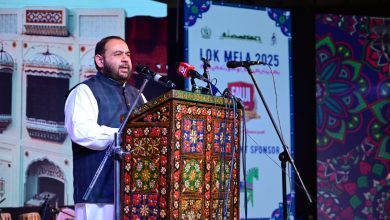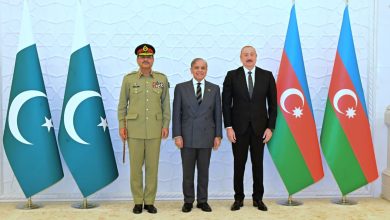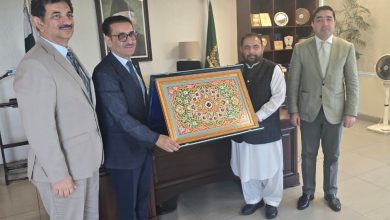Generic Drug Policy in Pakistan Could Slash Medical Costs

Transparency International Pakistan has called on the federal government to enforce a generic drug policy, arguing it could significantly lower medicine prices and reduce healthcare costs for millions across the country. The anti-corruption body claims that strict implementation of existing guidelines on prescribing and procuring generic medicines could slash expenses by up to 90 percent, saving the public billions of rupees.
In a formal letter to the Federal Minister for National Health Services, Syed Mustafa Kamal, Transparency International expressed concern over the stark price differences between branded and generic drugs in Pakistan. The organization pointed out that, despite strict quality standards enforced by the Drug Regulatory Authority of Pakistan (DRAP) and regulated maximum retail prices, these disparities remain substantial.
To illustrate the gap, Transparency International highlighted examples such as Montelukast, a medication used for allergies and asthma, which is available for just over three rupees per tablet in its generic form but can cost as much as ninety-three rupees when sold under branded names. Similarly, the generic version of Omeprazole, commonly used to treat acid reflux, is priced at less than two rupees, while branded counterparts are sold for nearly sixty-eight rupees per tablet. These markups can exceed 3000 to 4000 percent.
The organization attributes this problem in part to poor enforcement of policy. Although a 2021 advisory from DRAP recommended that doctors prescribe medicines by their generic names, most healthcare providers have yet to adopt the practice, leaving patients to pay excessive prices for branded products.
Transparency International also singled out procurement practices as a factor in high medicine costs. The group criticized a 2020 amendment to the Public Procurement Regulatory Authority (PPRA) Rules, which introduced a procurement model that prioritizes technical qualifications over cost. Under this system, technical scores account for 80 percent of the evaluation, with price considered only 20 percent. This approach, TI argued, allows decision-makers to favor more expensive branded drugs, even when equally effective and much cheaper generics are available.
The watchdog has called on the health ministry to investigate why the guidelines for generic medicines have not been enforced, and to act swiftly to address the issue. Copies of its letter have also been sent to the Prime Minister’s Office, the Supreme Court, and the PPRA, urging coordinated action across government agencies.
So far, the Ministry of National Health Services has not issued a public response to these demands.
#GenericMedicine #TransparencyInternational #DrugPricesPakistan #HealthcareReform #PakistanPharma #DRAP #PublicHealth #AffordableMedicines #MedicalCostCrisis #HealthPolicyPK




